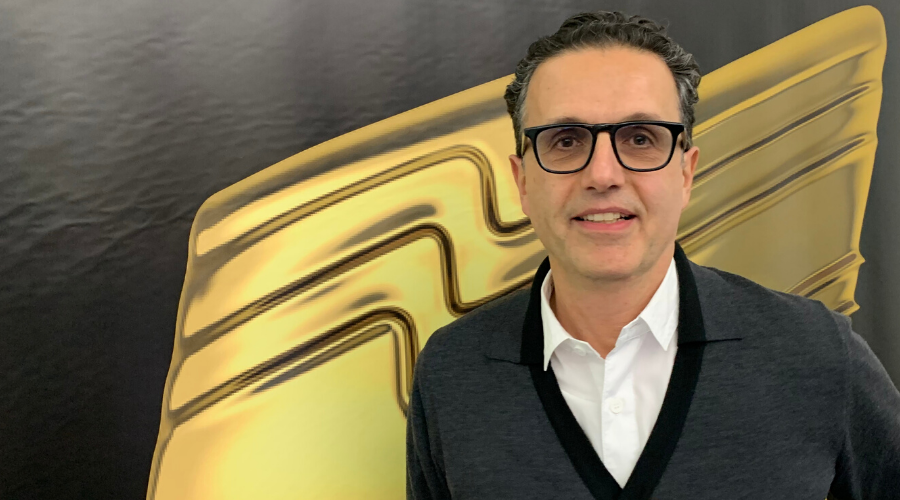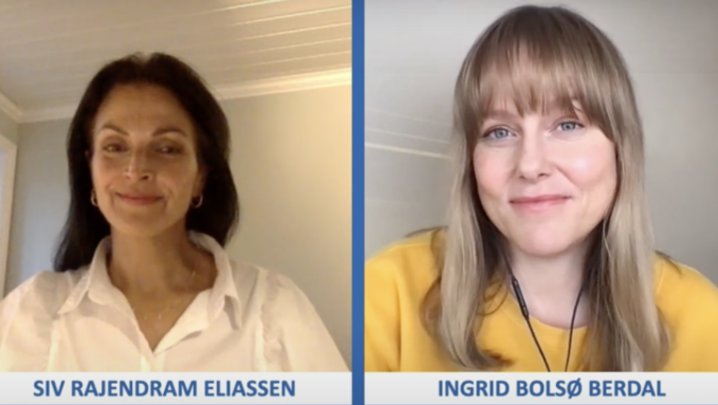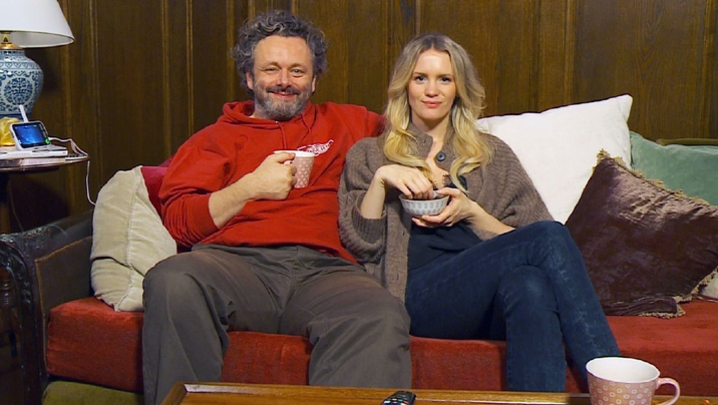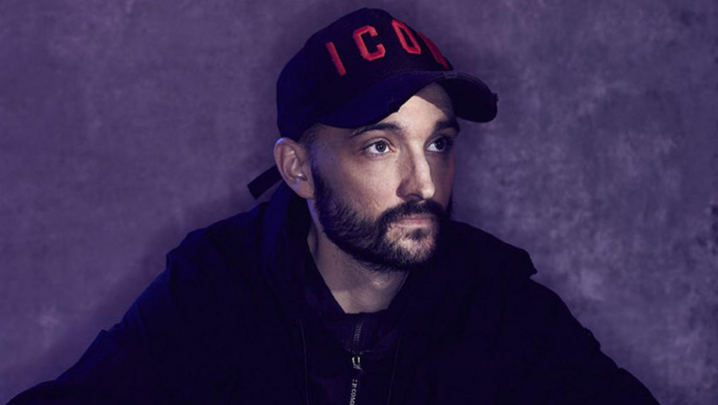David Abraham, the former chief executive of Channel 4, has said he thinks that the decline of linear TV has been exaggerated.
The video of this event is here
Speaking at the RTS London Christmas Lecture, he predicted that despite the growth of streaming services a lot of people would still be watching live, scheduled TV in a decade.
He said: “In ten years’ time linear TV will be distributed by IPTV, but scheduled TV will still be important, that more passive way of consuming curated content will have a very important role, not least in news and entertainment.”
Noting that the streamers were beginning to experiment with scheduled content, dropping an episode a week Abraham forecast a strong future for the UK’s public service broadcasters.
In a wide-ranging interview he reflected on his career that began in advertising which he said in the 1980s still resembled Mad Men as agency people consumed a lot of whisky and smoked cigars.
In the mid-90s he was made COO of the mould-breaking, employee-owned ad agency, St Luke’s, where work was intended to be fun and hot desking – then unusual – was mandatory.
“We basically chucked every bit of management theory at it,” said Abraham.
He added: “It brought out both the best in people and also the worst because it became really ungovernable once it got to about 200 people.”
The RTS was shown a clip of a Channel 4 Cutting Edge documentary about St Luke’s whose offices featured bunk beds and a pool table - and one member of staff famously 'reading' The Sun's page three feature.
From there Abraham went to work for Discovery Networks Europe, where he was general manager before he moved across the Atlantic.
There he led the US Discovery-owned channel TLC, famously commissioning Miami Ink, which became a breakout hit for TLC surviving for six seasons.
Returning to the UK as CEO of UK TV he was famous for overseeing the launch of Dave, hailed at the time as a zeitgeisty lads’ channel thanks to shows like Top Gear.
The decision to rebrand G2 as Dave was widely regarded as a masterstroke of marketing and transformed UK TV’s profile.
In charge of Channel 4 from 2010 to 2017 one of Abraham’s biggest challenges was finding new shows to fill the huge gap left by axing reality behemoth, Big Brother.
“It was properly scary, a bit like being on an aeroplane that loses an engine,” he recalled. His experience at TLC identifying shows with the potential to survive several seasons was useful, said Abraham.
Working closely with his chief creative officer, Jay Hunt, now at Apple TV, Abraham successfully refreshed the broadcaster thanks to shows like Gogglebox, Educating Yorkshire, Black Mirror and, later, The Great British Bake Off.
Poaching Bake Off from the BBC caused controversy, especially since Channel 4’s remit involves innovation and risk taking.
Abraham told the RTS that the show was “leaving the BBC” and it was either going to go to ITV or Netflix.
“That would have hurt us (commercially),” explained Abraham. “What we understood, rather brilliantly, was how to refresh the show. When you have a hit it’s a real dilemma to keep it fresh.
“Audiences obviously felt that they could fall back in love with the show for another few years as a result of the changes that were made.
“On every level that was brilliantly executed although I think Jay and I were the only people in the country who for a few days thought that.”
His new company, Wonderhood Studios, is unusually making both ads and TV shows, initially in unscripted, but there are ambitions to produce drama.
The company’s first creative work, a film promoting Comic Relief, made a big impact when it was shown on BBC One earlier this year.
Starring Peter Mullan as a grand dad babysitting, it was entitled Wise Words and sought to convey the things that people have in common despite the divisions of Brexit.
It was recently named by Campaign magazine as one of 2019’s top ten TV advertisements.
Eat The Years, to be shown on BBC Two later this month, is Wonderhood’s first TV commission, and features the celebrity chef, Heston Blumenthal, reflecting on his life in food.
The RTS London Christmas Lecture featuring David Abraham was held at the Cavendish Conference Centre in central London on December 4. The producer was Terry Marsh. The interviewer was Chris Curtis, editor of Broadcast. A full report will be published in the January edition of Television magazine.









